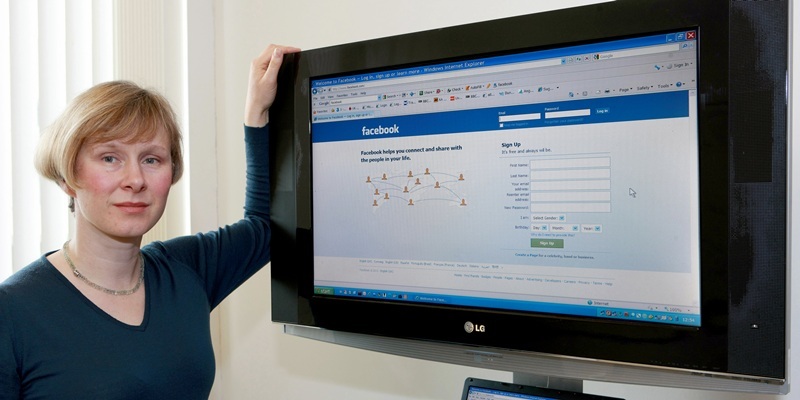A Dundee University researcher is planning a ‘virtual death’ to find out how social networks and internet providers deal with demise.
Wendy Moncur wants to learn what happens to our “digital inheritance” when we die, and what systems might be in place to protect and pass on photographs and other personal data.
She plans to create a fictitious person online and then kill them off, to track what happens to all the virtual person’s stored information.
Some internet providers prevent access to data stores when a customer dies, including photographs and other information that family and friends may wish to have.
The deceased may have wished, even expected, that the data stores would pass to relatives and loved ones.
Ms Moncur has been awarded a three-year fellowship by the Engineering and Physical Sciences Research Council and will be based at Dundee University.
She will work with lawyers, psychologists, sociologists and the public when her project starts in May.BequestMs Moncur said, “The goal for the next three years is to look at how people want to bequeath their online stuff and how they want to inherit it.”
She added, “Beyond that I want to look at how people re-use the things they inherit, like photographs and emails, in creating some kind of online memorial.”
She said social network that host memorial pages have terms and conditions that regulated their interaction with users.
Ms Moncur mentioned a US marine whose wishes were scuppered by an internet provider that blocked access to all his data.
The young man was killed in Iraq and had left instructions with his parents to access his online information, including emails and photographs, but the internet service provider would not give them his password.
Ms Moncur said, “They were only able to get hold of the data after going to court.”
She is particularly interested in working with people in dangerous jobs, who are interested in planning what happens to their online data store should they die.
